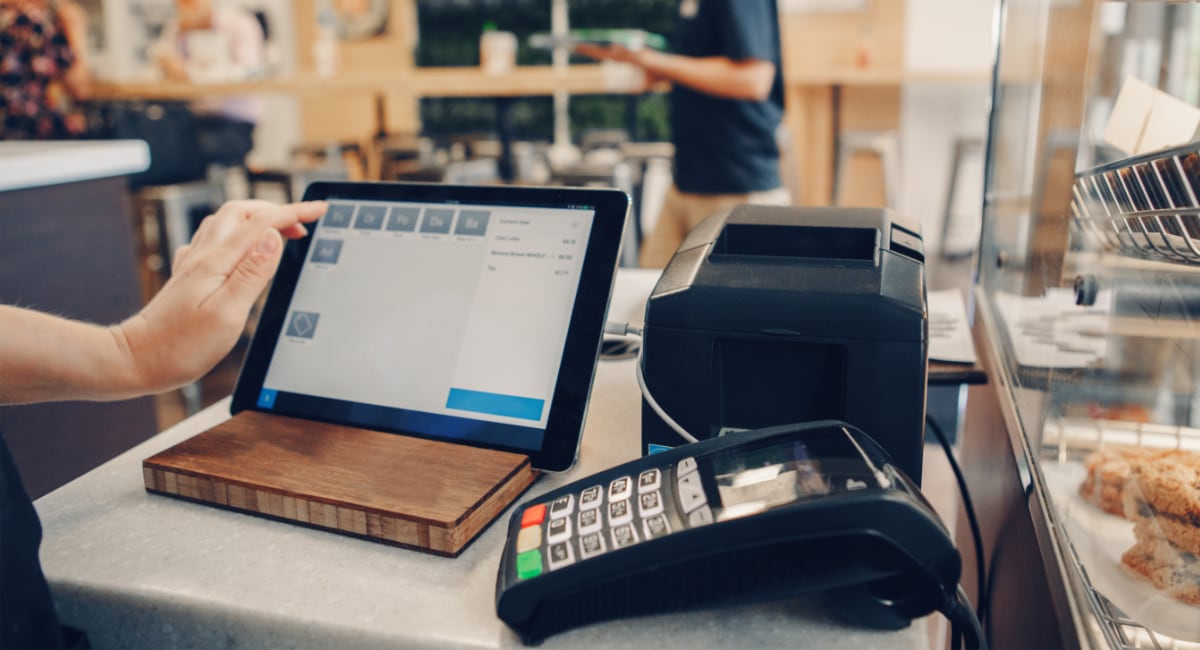Maximizing Profitability: POS Systems and Their Role in Accurate Reporting

In the competitive world of business, maximizing profitability is a constant goal. Success hinges on efficiency, customer satisfaction, and data-driven decision-making. One tool that has revolutionized modern business operations is the Point of Sale (POS) system. Beyond facilitating transactions, POS systems are pivotal in generating accurate reports, which are instrumental for financial tracking, operational efficiency, and strategic growth.
Understanding POS Systems
A Point of Sale (POS) system is a combination of hardware and software that enables businesses to process sales transactions. While the primary function is to handle payments, modern POS systems go far beyond that. They provide businesses with critical insights through detailed reports, including sales data, inventory tracking, employee performance, and customer behavior.
Accurate reporting capabilities make POS systems an indispensable asset for any business looking to optimize operations and increase profitability.
How POS Systems Contribute to Profitability
1. Enhanced Sales Analysis
One of the most significant advantages of a POS system is its ability to provide real-time and historical sales data. Accurate sales reporting allows businesses to:
- Identify best-selling products.
- Understand seasonal trends and customer preferences.
- Spot underperforming products or services.
These insights enable businesses to focus on high-margin items, optimize pricing strategies, and plan promotional activities, directly contributing to increased revenue.
2. Improved Inventory Management
Inventory management is a critical aspect of profitability. Overstocking ties up capital, while understocking leads to missed sales opportunities. POS systems help businesses strike the perfect balance by:
- Tracking stock levels in real time.
- Generating reports on inventory turnover rates.
- Alerting businesses about low-stock or overstocked items.
Accurate inventory reporting minimizes waste, reduces holding costs, and ensures that popular items are always available for customers.
3. Optimized Labor Costs
Labor expenses are among the most significant costs for many businesses. POS systems can provide reports on employee performance, highlighting metrics such as sales per employee, average transaction value, and hours worked.
These insights help managers:
- Schedule shifts more effectively.
- Recognize and reward top-performing employees.
- Identify areas where additional training might be needed.
By optimizing labor costs, businesses can maintain profitability without compromising service quality.
4. Accurate Financial Reporting
A POS system consolidates all transaction data into comprehensive financial reports. These reports are invaluable for:
- Monitoring daily, weekly, and monthly revenue.
- Analyzing profit margins.
- Preparing accurate tax filings.
With detailed financial reporting, businesses can maintain transparency, ensure compliance, and make informed decisions to enhance profitability.
5. Fraud Detection and Prevention
Fraud can significantly impact profitability. POS systems help reduce this risk by providing detailed logs of transactions, voids, and refunds. Business owners can quickly identify suspicious activities, ensuring accountability and minimizing financial losses.
6. Customer Insights for Loyalty and Retention
Modern POS systems often include customer relationship management (CRM) features, which track customer purchase histories and preferences. This data allows businesses to:
- Develop targeted marketing campaigns.
- Offer personalized promotions and discounts.
- Create loyalty programs to retain valuable customers.
Customer retention is more cost-effective than acquiring new customers, making it a key factor in profitability.
Choosing the Right POS System
To maximize profitability, selecting a POS system tailored to your business needs is crucial. Here are some factors to consider:
- Ease of Use: Ensure the system is user-friendly for both employees and managers.
- Scalability: Choose a system that can grow with your business, accommodating more locations or higher transaction volumes.
- Reporting Capabilities: Look for robust reporting features that provide insights into sales, inventory, and financials.
- Integration: The POS system should integrate seamlessly with your accounting, e-commerce, and CRM tools.
- Support and Updates: Opt for a provider with reliable customer support and regular software updates to stay ahead of industry trends.
Conclusion
Maximizing profitability requires a combination of strategic planning, efficient operations, and informed decision-making. POS systems play a crucial role in achieving these goals by providing accurate reporting and actionable insights. From sales analysis to inventory management and customer retention, a robust POS system empowers businesses to identify opportunities, address challenges, and drive growth.
Investing in a modern POS system is not just about streamlining transactions; it’s about equipping your business with the tools to thrive in a competitive market. By leveraging the power of accurate reporting, businesses can optimize their operations, boost revenue, and secure long-term profitability.






